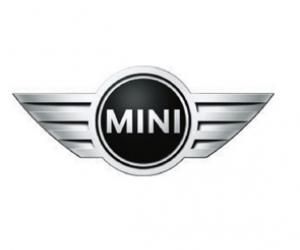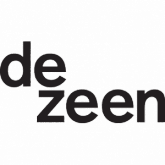Dezeen and MINI World Tour: with Cape Town serving as World Design Capital in 2014, we spoke to programme director Richard Perez about how the title can help the city overcome problems inherited from the Apartheid regime.
During the course of the movie we drive from Cape Town Stadium, built for the 2010 FIFA World Cup in the affluent waterside area of Green Point, before heading out on the motorway to the impoverished townships between the city centre and the airport.
The sharp divide between rich and poor in Cape Town is one of the issues that Perez hopes the World Design Capital initiative can help to overcome. "The reason Cape Town won [World Design Capital designation for 2014] was not to showcase how good we are at design," he explains. "Our bid was more about how we can use design to transform the challenges we have as a city."
The interview was filmed at Design Indaba, where World Design Capital 2014 launched its call for submissions from designers.
Many of the problems in Cape Town today are linked to South Africa's troubled past, Perez says. "Segregation was a design exercise back in the Apartheid years," he explains. "Everything you see in Cape Town - the segregation and the informal settlements that exist outside the metropole - exist by design. We're now going through a process of seeing how we can redesign that, or undesign it."
There are also new challenges to be overcome. As the South African economy continues to grow, the townships surrounding the city grow too, as people move from the country to the city for work. "What you have now is massive population in those areas, trying to commute into the area where the work is," Perez explains. "The city is trying to play catch-up all the time to provide facilities for these immigrants."
Perez wants to take design "out of the city centre and into the townships, so everybody can start to understand the value of design so we can create more economic growth within the informal settlements and the informal market."
However, he understands that the scale of the challenges Cape Town faces means they won't be easily overcome. "We won't solve the problems in 2014. But it is an opportunity for us to look at more creative ways of dealing with those problems."
This movie features a MINI Cooper S Countryman.
The music featured is by South African artist Floyd Lavine, who performed as part of the Design Indaba Music Circuit. You can listen to Lavine's music on Dezeen Music Project.









